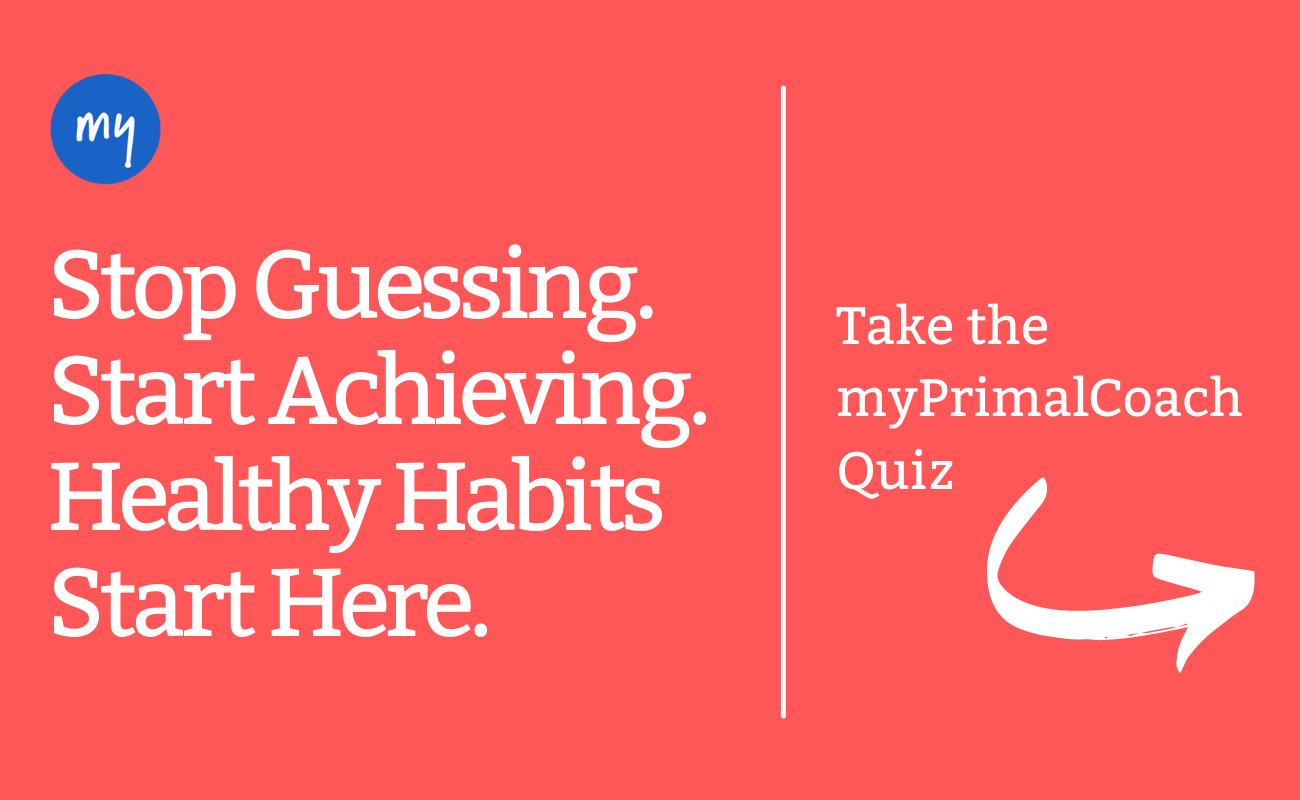If you’re familiar with this important cellular process, you may have wondered if there are any signs of autophagy you can look out for in your body. If you’re not familiar with it, keep reading to learn more about its potential health benefits and how autophagy is imperative for overall health.

Understanding the signs of autophagy can boost your health and well-being.
Before we explore the critical signs of autophagy, let’s first delve into what autophagy is, its benefits, and how to trigger it.
What Is Autophagy?
Autophagy is a vital cellular process that is often described as the body’s natural recycling system. Think of it like the self-cleaning oven function of the body. It is a natural process in which the body breaks down and removes cell parts. It gets rid of damaged cellular components, debris, and dysfunctional cells. Autophagic processes are critical for cell death and the recycling of cellular materials. They also promote cell health and generate new cells.
Autophagy has numerous health benefits. It may prevent disease, boost longevity, and enhance immune function. It can help to improve energy levels, support skin health, and enhance cognitive function. Essentially, autophagy is vital for our survival, everyday health, and overall well-being.
The Benefits of Autophagy
Autophagy helps maintain balance in the body. It has many benefits, including:
- Cell Repair: Autophagy identifies and removes damaged mitochondria and proteins. By eliminating these defective components, autophagy helps restore cellular health, as these faulty components can disrupt cellular function.
- Increased Longevity: Research suggests autophagy can extend lifespan. It does this by improving metabolic balance and enhancing cellular function.
- Disease Prevention: Autophagy plays a role in mitigating disease risk. It may reduce the risk of diseases such as Alzheimer's. It also has a role in protecting against the development of cancer and infections by clearing harmful substances.
- Immune System Function: Autophagy boosts the immune response. It targets and eliminates pathogens such as bacteria and viruses. It also controls inflammation.
- Metabolic Regulation: The process of autophagy aids in energy balance and metabolism. It also influences insulin sensitivity and fat storage.
- Stress Response: Autophagy helps cells adapt to and resist stress, including oxidative stress. It boosts their resilience.
How to Induce Autophagy
In order to reap its numerous health benefits, you can induce autophagy in the body through several methods:
Caloric Restriction
Reducing calorie intake has been shown to enhance autophagy. However, it’s important to maintain a balanced diet during this practice and avoid malnutrition from missed nutrients.
Water Fasting
The quickest way to trigger autophagy is to stop all calorie intake from food and beverages. This switches the body from glucose metabolism to fat burning. A water fast can swiftly facilitate this transition. However, this can be an extreme approach for many and is likely not sustainable.
Time-Restricted Eating
That metabolic shift can also be achieved by intermittent fasting. This approach involves cycling between periods of feeding and fasting. An intermittent fasting plan of 16-24 hours can promote autophagy. It does this by triggering cellular stress responses.
Exercise
Exercise induces autophagy through several mechanisms. Firstly, it increases energy demands and releases hormones like adrenaline and insulin, which help signal autophagy. Secondly, regular physical activity, especially high-intensity workouts, can help induce autophagy. Aim for a mix of aerobic and strength training exercises.
Low-Carb or Ketogenic Diet
The keto diet or drastically reducing carbohydrate intake leads to lower insulin levels. Insulin is a hormone that, when elevated, can inhibit autophagy. Lower insulin encourages the activation of autophagy.
Low-carb and ketogenic diets also deplete glycogen stores. This will then shift the body to burn fat. When the body is in a state of ketosis, it breaks down fats and produces ketones as an alternative fuel source. Ketones have been shown to promote autophagy.
Get Enough (and Quality) Sleep
Quality sleep boosts cellular health and autophagy. During sleep, especially in deep REM stages, the body undergoes various restorative processes that contribute to autophagy. Sleep helps regulate the release of hormones, including growth hormone and melatonin, both of which have been linked to autophagy. These hormones promote cellular repair and regeneration.
Hydration
Staying hydrated supports cellular processes, including autophagy. Well-hydrated cells function optimally. This creates the right environment for autophagy. Adequate water intake lets cells process and remove waste and damaged parts.
Certain Supplements
Some supplements may help induce autophagy.
- Resveratrol is a compound found in grapes and red wine. It is known to activate proteins that play a role in promoting autophagy.
- Curcumin is derived from turmeric. It can enhance autophagy by modulating various signaling pathways.
- EGCG, a catechin found in green tea, has been shown to stimulate autophagy.
- Niacin is a form of vitamin B3 that can promote autophagy by increasing NAD+ levels.
- Omega-3 fatty acids can boost autophagy. They do this by affecting inflammation pathways and signaling processes that promote cellular cleanup.
Do keep in mind it is always best to consult a healthcare provider before starting any new supplement regimen, especially if you are dealing with any chronic conditions.
Avoiding Sugar and Processed Foods
Reducing refined sugar and processed foods can help support autophagy. Processed foods often lack essential nutrients and contain additives that can disrupt cellular functions. A deficiency in vitamins and minerals can hinder autophagy. Foods high in sugar and unhealthy fats may lead to inflammation and oxidative stress. This can impede autophagic processes in the body.
Many processed foods can cause spikes in blood sugar levels. This can lead to insulin resistance. Insulin resistance has been shown to affect autophagy negatively. It can contribute to metabolic dysfunction. Overeating processed foods can also lead to excess caloric intake. This is associated with reduced autophagy.
8 Key Signs of Autophagy
Scientists are able to measure autophagy markers within cells, but determining your own state of autophagy may seem a little confusing.
Whilst you can't physically feel autophagy, there are signs you can look for.
Here are our top 8 signs of autophagy:
- Reduced Appetite: Autophagy can reduce appetite in a few ways. When you enter ketosis, insulin levels decrease while glucagon levels increase. This shift in hormones may make you apt to feel less hungry. Autophagy also influences the production and release of hormones related to hunger and satiety, such as leptin and ghrelin. By optimizing these hormones, autophagy can help balance feelings of hunger and fullness. When autophagy is active, it can help the body maintain energy balance. This regulation can lead to a decrease in unnecessary food intake as the body's energy needs are adequately met.
- Increased Ketone Levels: Ketones are produced during the breakdown of fats in the body, which occurs when carbohydrate intake is low. Research shows that autophagy can be triggered in the presence of ketones. So, if you detect ketones in your urine, breath or blood, this indicates ketosis, and it's likely that autophagy is taking place.
- Bad Breath: Along with increased ketone levels comes keto breath. Many describe the smell as metallic or fruity. This is due to acetone, a type of ketone. While no one wants foul breath, it can be one of the tangible signs of autophagy.
- Improved Brain Function and Mental Clarity: Enhanced focus and mental clarity during fasting might suggest that autophagy supports brain health. A 2020 study in Nutrients found that intermittent fasting improved cognition in older adults with mild mental impairment. The metabolic changes it caused boosted brain function.
- Weight Loss: If you're losing weight and changes in body composition, it may be a sign that autophagy is breaking down stored fat. Autophagy can improve cellular function and efficiency. This can enhance metabolism, allowing the body to burn fat more effectively. During autophagy, the body breaks down fatty acids for energy. This can contribute to a decrease in fat stores. Autophagy can also help preserve lean muscle mass during calorie restriction. This function is important for maintaining a healthy metabolism.
- Skin Health: Some people notice skin texture and tone improvements, possibly linked to the body's increased ability to clear out damaged cells and proteins. Autophagy helps remove damaged cells and proteins, reducing the accumulation of harmful substances in the skin. This may help maintain a youthful appearance. Autophagy can also accelerate the healing process by supporting the regeneration of new skin cells. Autophagy can also lower inflammation, which is often linked to various skin conditions like acne, eczema, and psoriasis. It also supports the production of collagen. Collagen is essential for skin elasticity and firmness. This may reduce the appearance of fine lines and wrinkles.
- Increased Energy Levels: Some people report feeling more energetic when fasting. This may mean their cells and metabolism are functioning better. It also helps optimize metabolic pathways. This can ensure that energy production and consumption are balanced. This may prevent fatigue. Autophagy can also influence hormones that regulate energy levels. This may improve overall energy balance in the body.
- Physical Performance: Lastly, some believe they perform better at sports and activities when fasting. They think autophagy has potential metabolic benefits. While hard to measure as a confirmation of autophagy, you may notice improved physical performance.
Summary
Here we've shared our top eight signs of autophagy to keep an eye out for. Scientists are continuing to uncover the mechanisms behind autophagy. With more research, its potential to help with cancer and other diseases is becoming clear. These include neurodegenerative and metabolic disorders, as well as lifestyle diseases.
If you want to reap these benefits and induce the process, knowing the key signs of autophagy to look out for is critical. A myPrimalCoach is here to help. Our coaches can help with implementing a fasting plan, lifestyle changes, and general improved overall health.
Always consult with your healthcare provider before starting a new regimen. This is especially important if you have any underlying health conditions, health problems, or chronic diseases.

